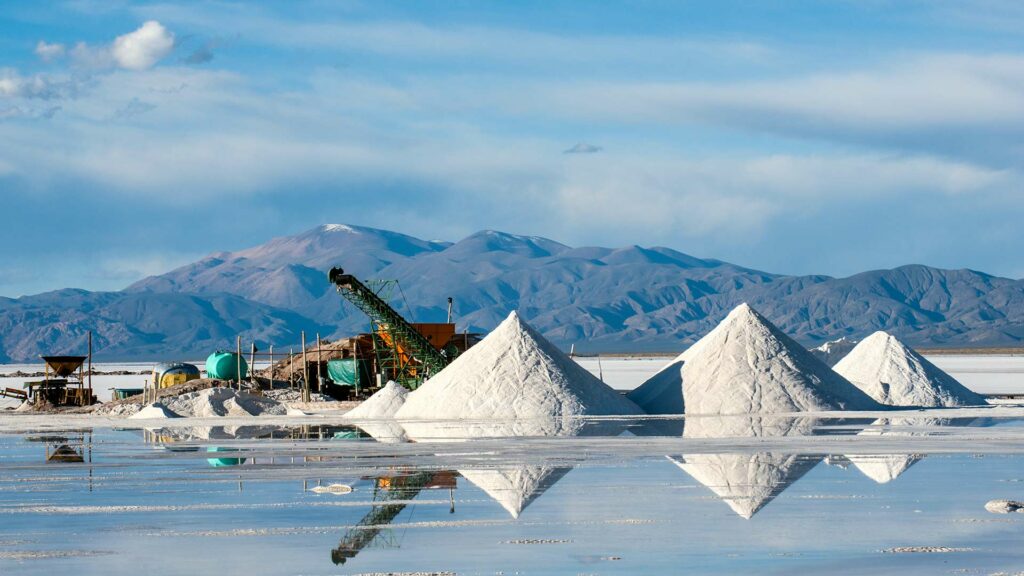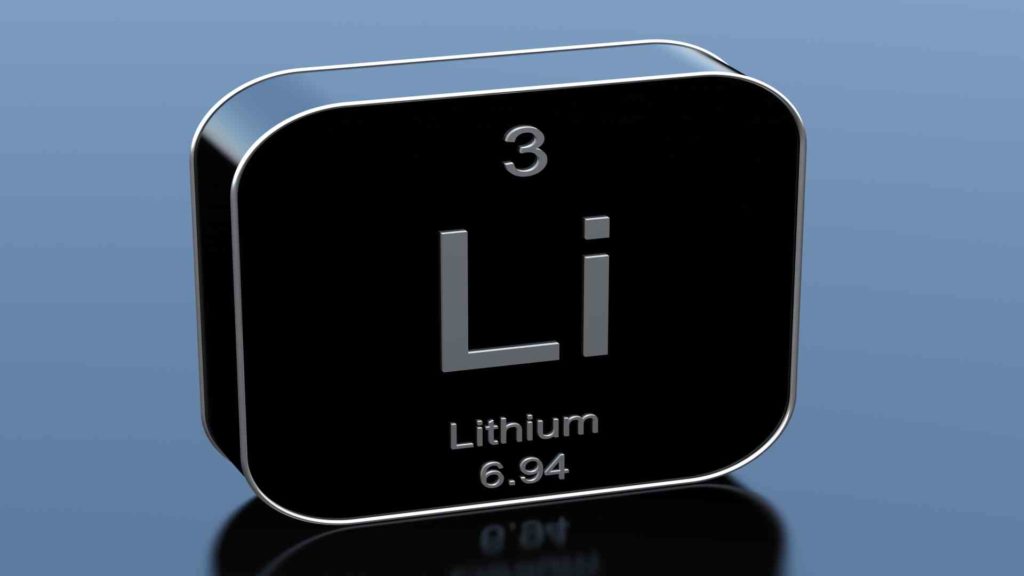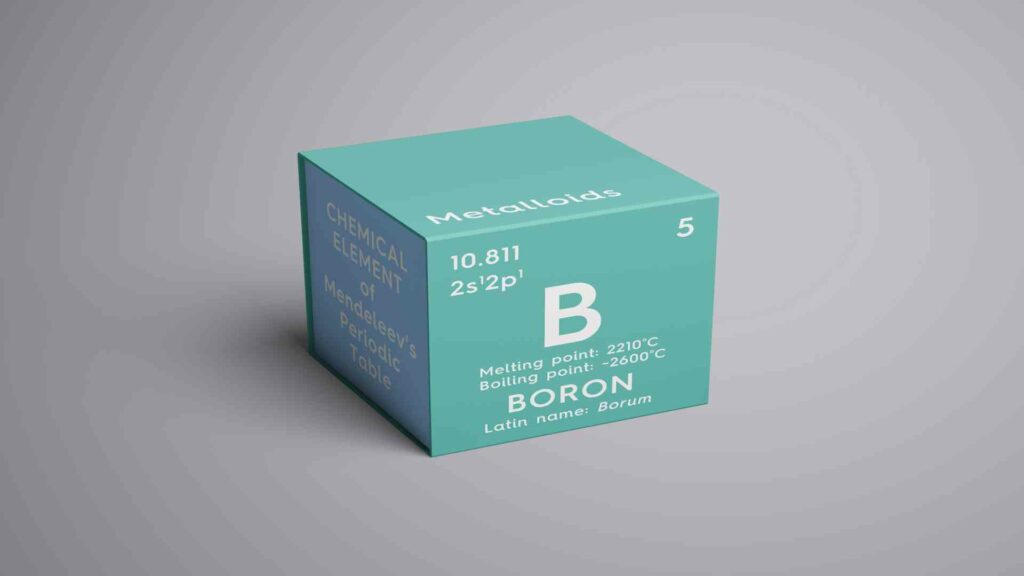Boron and Borates Spur Excitement in the Oil and Gas Sector
Boron is a mineral with a low melting point and high boiling point. It is not radioactive, but it does interact with radiation to produce the most luminescent of all fluorescent minerals. Borates are useful as flame retardants in plastics, insulation for electrical wires and cables, water treatment chemicals such as boric acid, wood preservatives, and more.
What is most exciting about Boron is its applications in the oil and gas industry. Oil companies are using Borax to help remove crude from the ground. It happens by dissolving it into the water. Later, it is pumped out of the ground along with the oil (“wet extraction”).
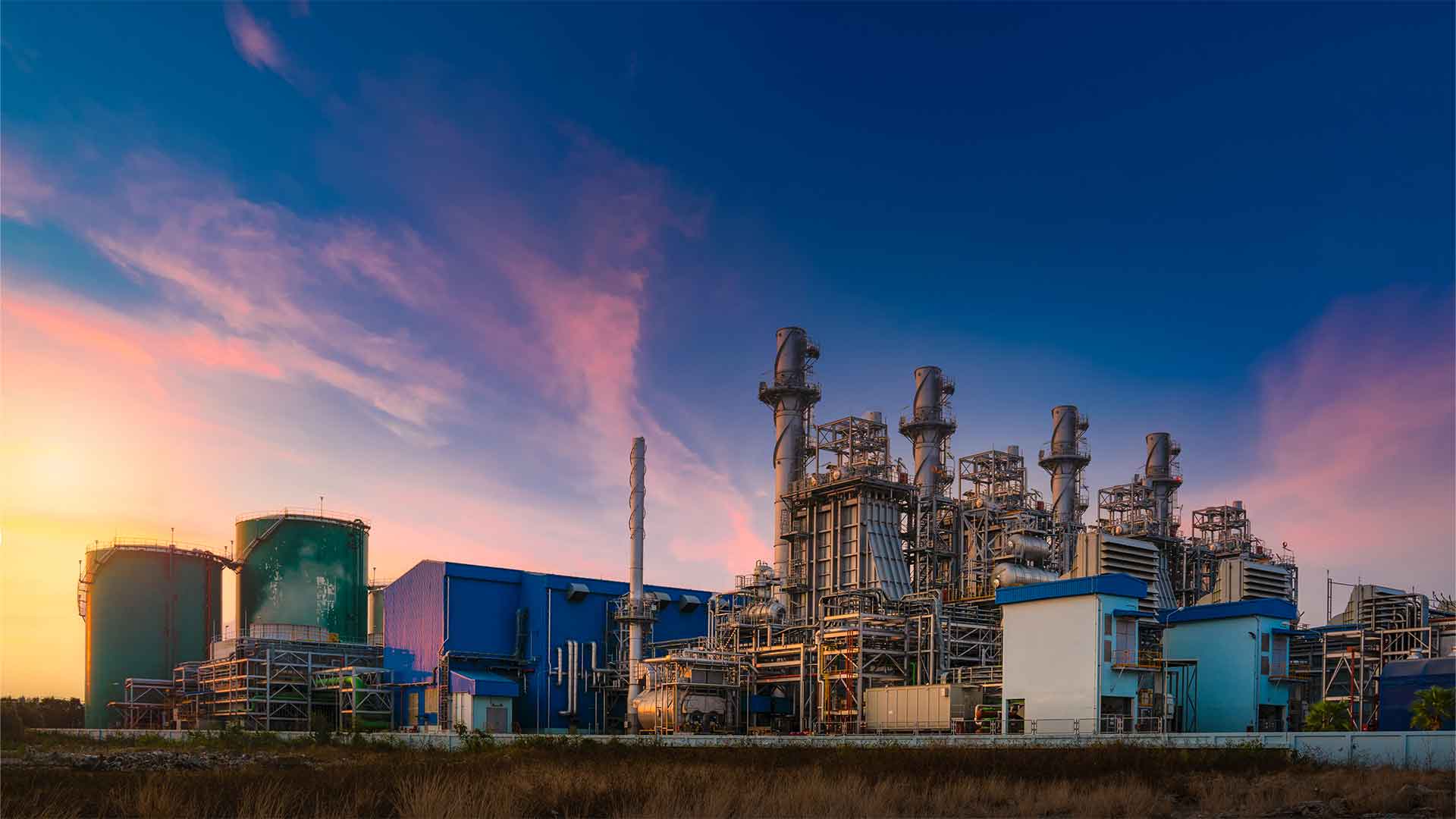
Oil and Gas Industry
Borax is applied to oil and dissolves it. The process makes it easier for the water to carry both crude and dissolved borates out of the ground. It is repeated several times if necessary because there are no residual effects on either the environment or other natural resources.
Another application in Oil & Gas Industry happens when borate-based drilling fluids (also known as “mud”) are used during hydraulic fracturing. It is a good stimulation technique. This process primarily extracts gas from shale rocks. It allows access into deep formations that exude gas at high pressure. But also generates large amounts of contaminated waste fluid. It must be disposed of without harming people or contaminating groundwater supplies.
Boron also helps to get rid of the salt left in oil reservoirs.
The impact of borates on oil production
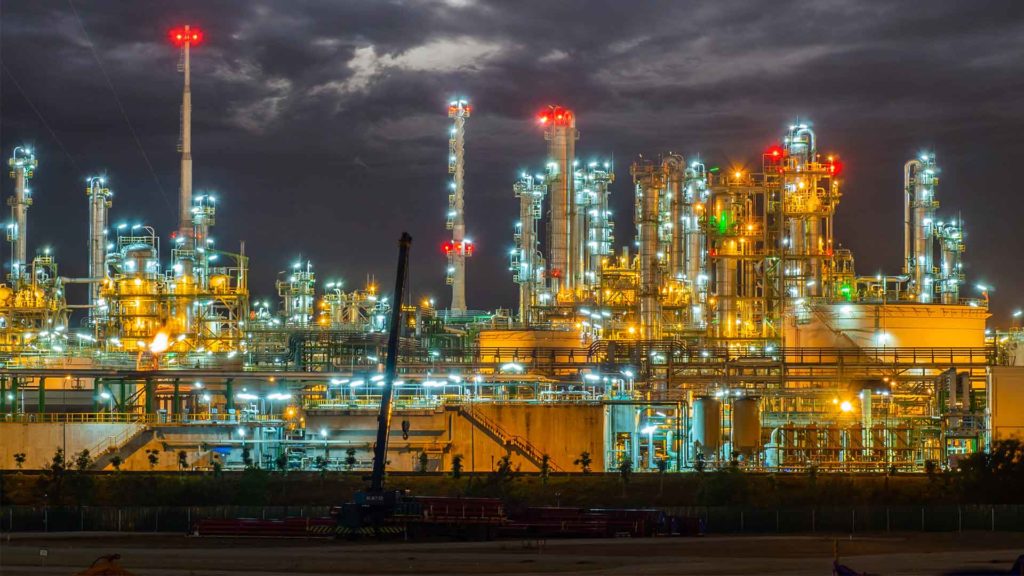
The largest use of Boron is for oil production. It helps in the extraction process by breaking down hydrocarbons into smaller, more easily recoverable molecules. Oil and gas companies also use borates to extract salt from reservoirs left after primary recovery operations have taken place. However, the uses are not limited to this. Some exploratory projects even inject brines containing borate additives to stimulate new flow. Or it is useful to change pressure gradients within a reservoir or aquifer system.
Borax is in use since antiquity but became popular again during World War II. Here it was necessary for the manufacture of munitions such as bombs and rockets that required TNT (trinitrotoluene). They lack sufficient oxidizing power on their own.
Advantages of Borates in the oil and gas industry
Borates are low-cost and are readily available from abundant sources.
On account of its stability, borax is not easily degraded by the environment. Especially when released during mining operations or after disposal. It offers further protection to both humans and animals through appropriate handling procedures such as storage in sealed steel drums or containers with high-density cork liners.
Then they help in waste is reduced and the economy improves
Borates are relatively inexpensive, which can minimize operating costs.
This may be especially important for offshore drilling operations. In situations where distances to shore can substantially inflate transportation and logistical costs. The cost savings from borax use might also make it more feasible or economical to drill in remote areas. Otherwise, it may not be economically viable due to its distance from populated centers of demand. The result is a greener environment.
Boron compounds reduce CO emissions while simultaneously minimizing environmental impact by decreasing fuel requirements. This helps produce less pollution. They will need only fewer trucks for transporting diesel fuel necessary for oil rigs.
Borates are safer and less toxic
Another advantage of using borates in the oil and gas industry is that the borate compounds are safer to handle. They are also less toxic than their organic alternatives.
Most importantly, Borax has a higher boiling point which makes it easier to use in extreme environments. It works well in high pressure at very high temperatures or low-temperature applications like offshore rigs.
Borates offer significant potential for improvement of oil refining processes by lowering operating costs without affecting quality dramatically.
The role borates can play when it comes to advanced energy technologies will open up many opportunities in the future. It will also create more job opportunities not only on the production side but also with installation and maintenance.
Minerals like Boron play an important role in our everyday lives. They are versatile and remain stable at elevated temperatures while offering a huge range of potential applications. It is because they have high reactivity with both organic and inorganic compounds.
The future outlook for Borates in Advanced Energy
There are many challenges faced by companies that produce or use borate-based products. Boron’s production is limited. The cost of these minerals is high because they are mined from fewer sources. And their applications in Oil and Gas as well Advanced Energy sectors are slow to grow due to lack of awareness. However, it will take a long time for this industry to meet its potential. It is because there is still not enough demand for Advance Energy technologies that have low usage rates today but could become more prevalent with time.
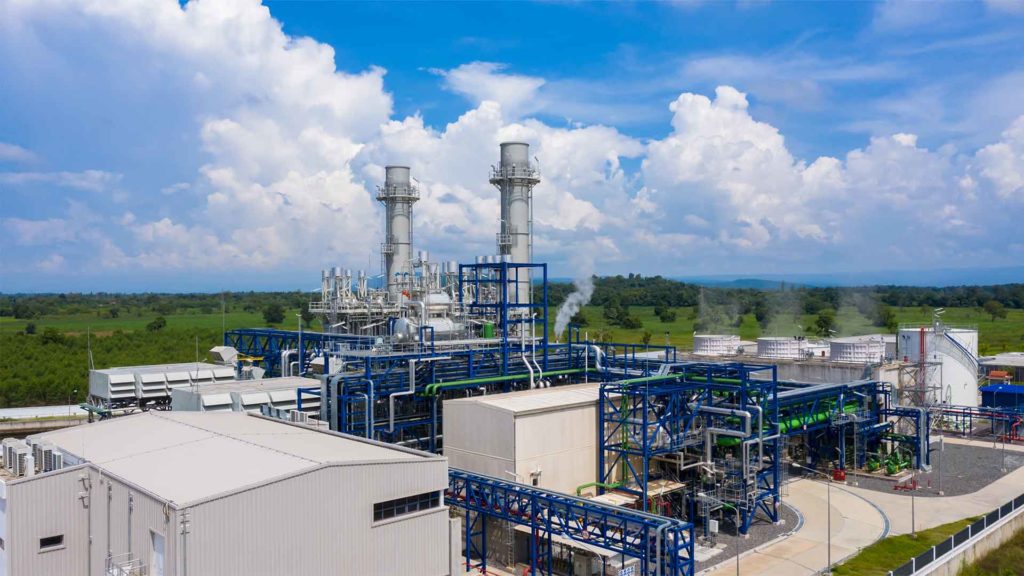
Prospects of Borates in the Oil and Gas industry
Boron is an essential part of the Oil and Gas industry for more than 100 years. The most common use of borates in this sector is as a water repellent that prevents corrosion. Especially they are useful in pipelines buried underground where it’s exposed to corrosive soil or saltwater.
There is currently no substitute if you want to replace this mineral as there are not many alternatives that can do what it does. It assists with removing impurities in the oil. Boron is also used to remove unwanted hydrogen and nitrogen during petroleum refining The more boron there is, the fewer impurities will be present in your products
Borates are integral for a clean energy future – they provide many benefits for efficient solar cells and high power lasers as well as other advanced technologies.



